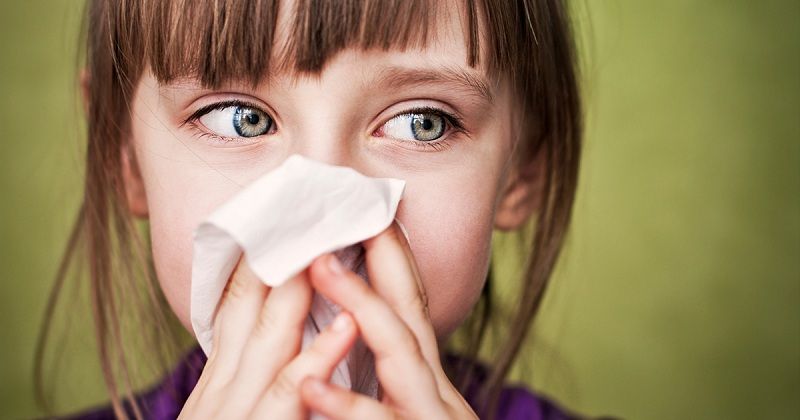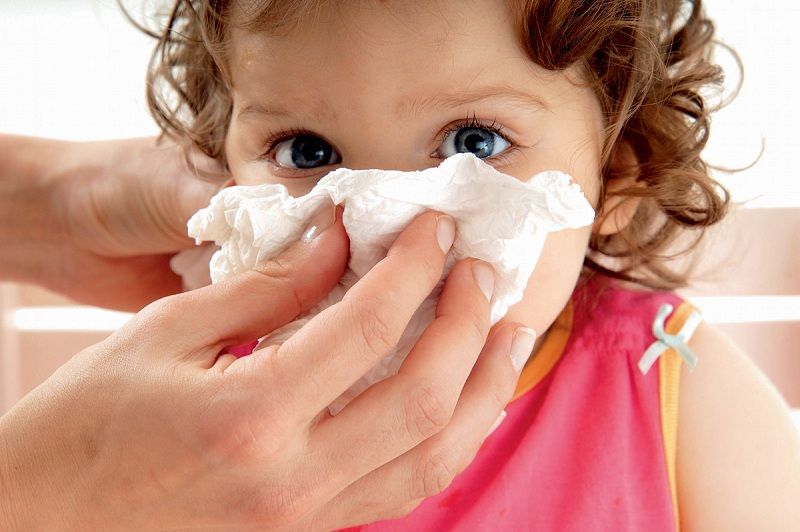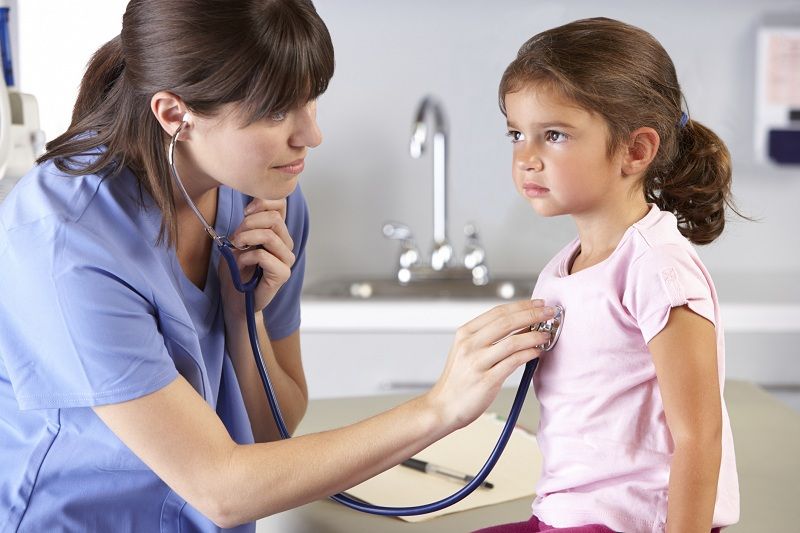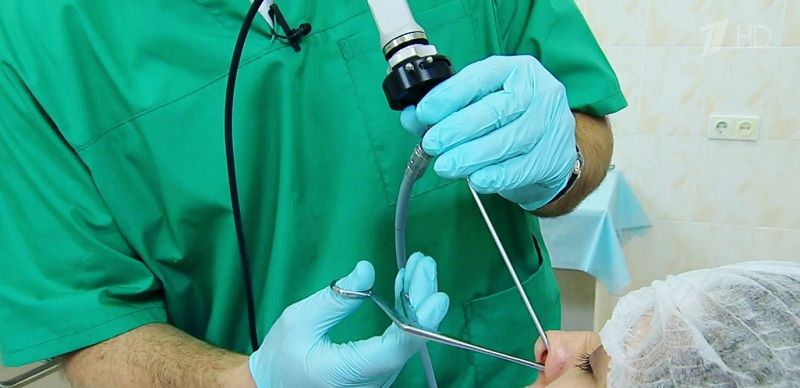
Sinusitis In Children: Symptoms And Treatment
Many sources on the Internet say that sinusitis in children is easy to determine. Call for obvious symptoms and even offer home treatment. I would like to immediately warn that such a serious disease, like sinusitis, should not be diagnosed independently and treated at home. Without analysis, a snapshot and consultation of a qualified otolaryngologist, you will lose valuable time, which can lead to serious complications.
Symptoms of sinusitis in children
- A child does not breathe through its nose for several days (weeks);
- does not smell;
- pain when head tilted down;
- he constantly has a headache;
- he gets tired quickly;
- often nervous, irritated;
- he wants to sleep all the time;
- body temperature or stable high, or jumps throughout the day;
- nasal discharge abundant (greenish, with mucus)
- cheek area sensitive, swollen;
- throat tight;
- Long does not pass ORZ.
You need to urgently turn to a pediatrician. To begin, he will assign a snapshot of the DPU. Without it, it is extremely difficult even for a specialist to clearly define what it is antritis.
X-rays of the paranasal sinuses and urine and blood tests in combination with a thorough examination of the child will give the specialist the opportunity to make a diagnosis. After determining the sinusitis in children, his ENT doctor should deal with his treatment. The sooner the parents and the specialist can understand that this is antritis, the faster the process of treatment and recovery will proceed. Sinusitis is not immediately apparent and this is a problem, but if you monitor the child’s condition, it’s impossible not to notice the dangerous manifestations of the disease.
In advanced cases, without rinsing the nose, special drops and antibiotics are indispensable. If at the early stage the doctor may confine to pills, then in neglected cases of sinusitis, the child will have to undergo a course of antibiotic injections. Often these shots are very painful, and you have to persuade the baby to suffer, and after a long time to calm and amuse him. If, however, ignore the treatment prescribed by a specialist and try to cure sinusitis child at home, in the end, you may need even more radical treatments. For example, puncture.
Puncture: is there any point in this kind of treatment?
Of course, a nasal puncture or a puncture for sinus is a radical method of treatment. This procedure helps the child to get rid of purulent accumulations in the maxillary sinuses and quickly recover. But today, doctors rarely resort to this type of treatment, since the procedure is very painful and in the future requires a great effort from the parents and the child. When no manipulation of the nose of the child brings him a benefit, antibiotics do not act on the body, and washing does not wash away deposits of pus, a puncture is inevitable. Contraindications to this procedure are the patient’s age (they do not do it at all to babies), some chronic diseases and serious infectious processes that occur in the maxillary sinuses.
Less radical methods of treatment that can help with proper use of them are considered to be the “cuckoo” method of washing and the course of individually selected drugs.
Nose wash at home
Typically, the washing process takes place with a syringe or syringe. If little children are sometimes afraid of this procedure in case of sinus, then schoolchildren can do all the manipulations themselves, repeating after their parents.
The syringe is introduced into the nasal cavity of the child while inhaling. When exhaling, purified water or salted solution is slowly released in sufficient quantity to rinse the nose. After the procedure, the child should release the nose from the contents and blow his nose.
At what age can the disease occur?
It should be noted that sinusitis in children can occur only with three years. Up to this age, the child’s maxillary sinuses are not sufficiently formed to accumulate any liquid. And even at the age of 3-4 years, this diagnosis is rare. Most often, schoolchildren, adolescents, and adults suffer from sinusitis, who are used to enduring more or less minor diseases on their legs and do not seek medical assistance in a timely manner.
Important! It is not necessary to engage in in-home treatment of such a serious disease as sinusitis. Propolis tinctures, inhalations and warming with various improvised means can worsen the child’s condition and provoke complications. The course of treatment should be prescribed by a specialist.
Of course, the symptoms of sinusitis are ambiguous and may be the cause of some other disease. Competently diagnosed – a guarantee of successful treatment. If you have doubts about the competence of the doctor, the correctness of the diagnosis or prescribed treatment, consult with several experts in this field.
Take care of your children! Let them grow healthy and happy!












